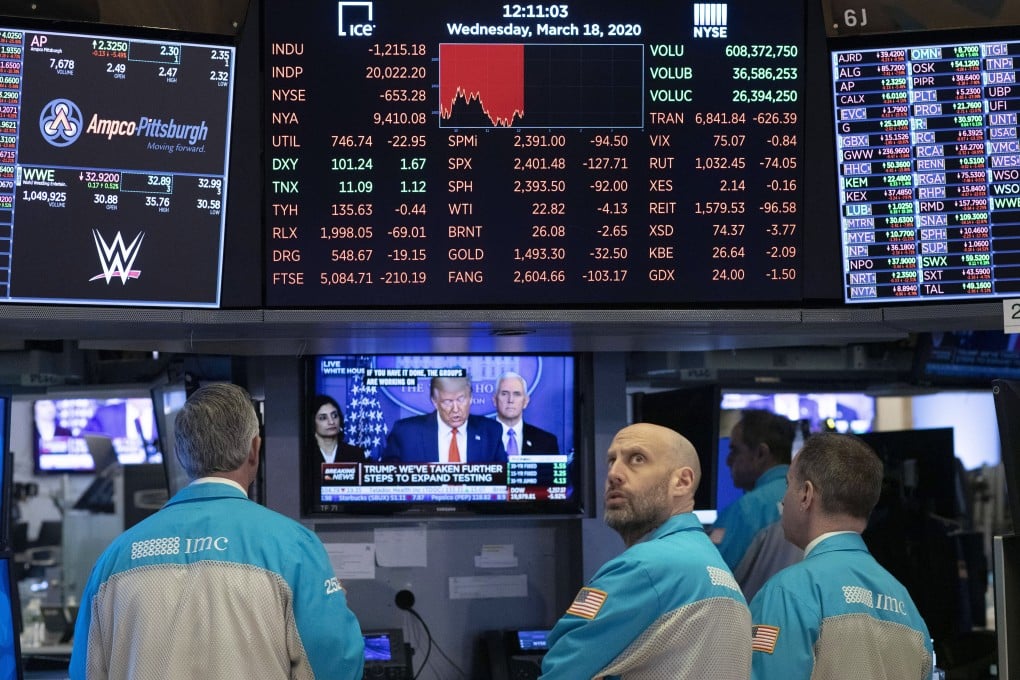Advertisement
US-China decoupling? Wall Street missed the memo
- Very few steps have been taken by the Trump administration to decouple American financial services from China
- Technology and financial services are twin pillars of American business supremacy, so why has battle raged fiercely with China over one, but not the other?
Reading Time:4 minutes
Why you can trust SCMP

Hardly a day goes by without the United States warning of some threat posed by China that justifies economic sanctions. Amid all the smoke from this “new cold war”, scant attention has been paid to what is actually happening on the ground in finance.
Here, American banks, insurance companies and asset managers have lost none of their appetite for making money in China and have met with remarkably little deterrence from US President Donald Trump’s administration. Far from decoupling from China, Wall Street seems more intent on tightening the knot.
Foreign financial investment in China is booming. A combination of China’s strong economic rebound from the Covid-19 pandemic, successive openings of its capital markets, and rock-bottom interest rates in the West is drawing billions of US dollars into Chinese bonds and stocks.
Advertisement
China’s 10-year government bond yields 3.21 per cent, four times the 0.77 per cent yield of the 10-year US Treasury. Flows into China’s onshore bond market have pushed foreign holdings from 2.1 trillion yuan (US$304 billion) at the start of the year to 2.8 trillion yuan at the end of August.
Net equity inflows also increased rapidly to more than 1 trillion yuan. Next year, Chinese government debt will be included in the FTSE Russell, one of the world’s main bond indices, and this is expected to add another US$140 billion to inflows.
Advertisement
Advertisement
Select Voice
Select Speed
1.00x
